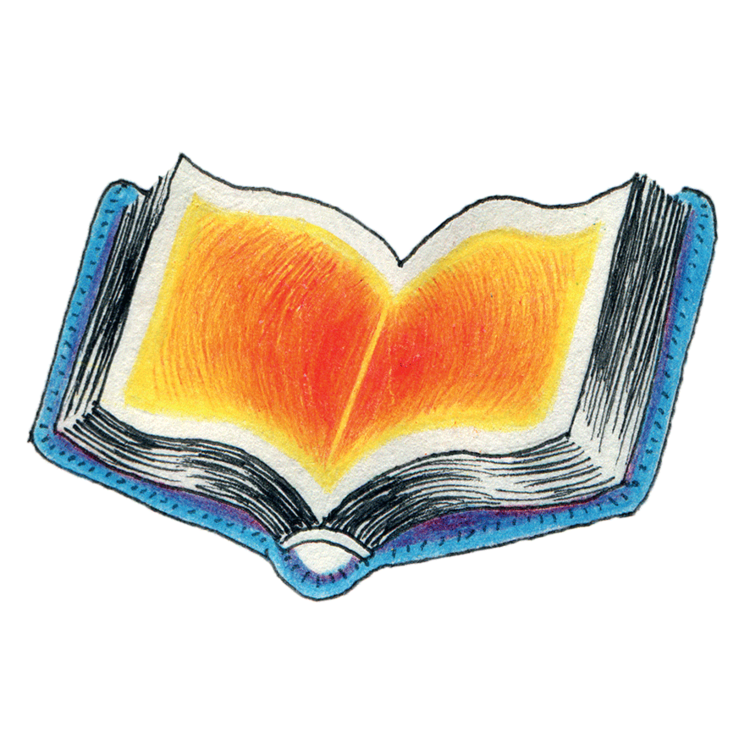Images © Daria Martin
At the Kunsthalle, The Promise of Total Automation imagines the shape of things to come
An intriguing attempt to parse the possible futures headed our way, The Promise of Total Automation at the Kunsthalle examines the implications of our age of change. It’s what the curators call “the allure of an automated life” that is renegotiating the terms of what it means to be human. The Internet of Things is no longer a fanciful notion, and just about every aspect of our lives seems interwoven with the mechanised world.
Upon walking in, one’s initial impression is of disarray; various objects and installations dot the cavernous hall, disjointed from each other. Looks can be deceiving however – the disparate nature of the displays is apt, as only a varied approach can adequately address the complexity of the theme. From Soft Materials to Orion to MENACE 2, many of the works hint enigmatically at what might come; others are strange echoes and amalgamations of otherwise familiar objects.
Among them is Soft Materials, a film by Daria Martin that documents a series of wonderfully tender encounters between dancers and machines (from the now-defunct Laboratory for Artificial Intelligence at the University of Zürich) with independent sensory systems, each adapting to the other’s movements.
Orion (prepared spinet), by Steven Claydon replicates a small piano whose keys have turned to straw, the intricate mechanisms inside replaced by bricks. With the air of a cargo cult object, it comments on our understanding of the devices surrounding us: they might as well be made up of spells and fairy dust, for all we truly know of their workings.
Also of note is MENACE 2 (Machine Educable Noughts and Crosses Engine), by Julien Prévieux. Based on the work of Donald Michie, an early researcher into artificial intelligence, it introduces visitors to the concepts of algorithms and machine learning. Using only chalk and slate, one can teach this rudimentary computing machine – effectively a large bank of tiny wooden drawers filled with colored clay balls – how to play an increasingly improved game of noughts and crosses (tic-tac-toe). It is a profound experience – effectively providing insight on the fundamental principles governing the machines living amongst us, be it a humble ticketing machine or our pocket computers masquerading as telephones.
So don’t stay at arm’s length: If actively engaged with, this exhibition raises vital issues regarding the world we are building for ourselves. Stay grounded, the work tells us. In our rush to embrace the new, we risk finding ourselves entirely adrift from the bedrock that anchors human experience.
Writing about his inspiration for the novel Accelerando – one of the most insightful and prescient visions of the future forming in our midst – Charles Stross wonders, “What happens if this goes on? What happens if you keep piling on the changes? What kind of person can actually live on the edge of a singularity, keeping pace while all around them the world is melted down and re-forged monthly, daily, hourly?”
The Promise of Total Automation has few answers, but it’s asking the right questions.
A version of this article was published in the May 2016 edition of METROPOLE
